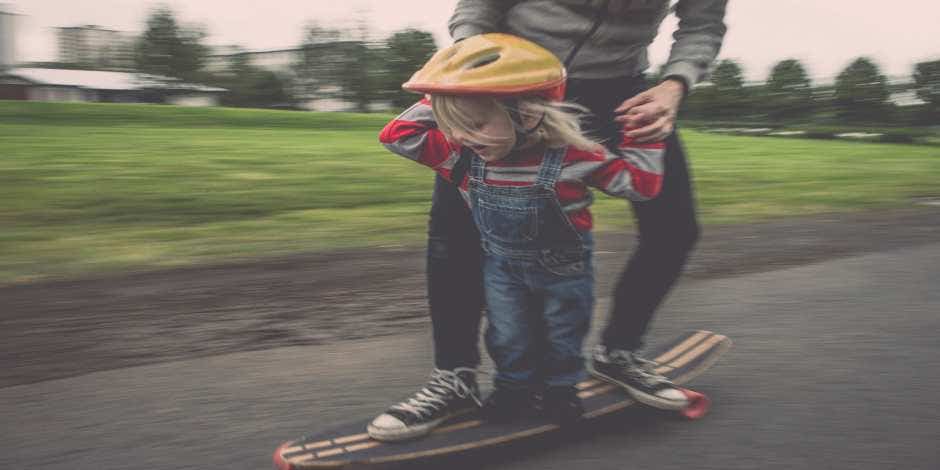Olympics Themed Social Emotional Learning Activities To Share With Your Kids
We need self-regulation and control to display good sportsmanship.

Who isn’t mesmerized by the athleticism, leadership and character of the Olympic athletes? Young children picture themselves on these mats, fields and courts, so don’t miss the opportunity to use the Olympics to create social skills learning activities this summer.
Join the millions and even billions of parents who are focusing on helping kids to re-engage with their peers after almost two years of distance learning.
Social and interpersonal skills build on emotional competencies. Children must be able to use these skills effectively in order to contribute to a team, resolve disagreements and coexist peacefully with others.
Social emotional learning skills and gross motor activities
When we stop to think about what skills are involved in playing games and participating in sports, we realize that there are many social emotional learning skills (SELs) that impact a child’s success.
Passing a soccer ball involves physically kicking the ball… and making eye contact with a teammate, coordinating where they'll be, etc. We need self-regulation and control to display good sportsmanship and we use analytical and abstract skills to play by the rules.
Sports, which combine physical activity and play, represent an important environment to intentionally build important skills such as teamwork and cooperation, empathy, planning, and problem-solving — just to name a few.
However, it is important to remember that the development of these skills requires intentional effort and a structured approach.
Tips for incorporating social emotional learning skills while watching the Olympics
The best way to incorporate social emotional learning activities – and gross motor skills – is to apply these skills to real-life contexts.
While watching the Olympics, look for examples of these behaviors:
1. Model appropriate behavior
Athletes model and foster young athletes’ holistic development.
Did you see an athlete congratulate another on a win or a good performance? Ask your child, “How do you think he feels right now? Do you think this was easy or hard for him?”
Be sure to model good character and decision-making yourself.
2. Self-Advocacy
Simone Biles surprised the world when she removed herself from competition due to mental health reasons. Talk about this choice with your teen.
Would they do the same? What do they think of this decision?
3. “Out loud thinking” or “internal thinking”?
Did the athlete say out loud what he must have been thinking at the time, or did he keep his thoughts quiet?
This is a good way to bring up the importance of self-regulation. Could the athlete have thought, “I am really sad about losing, but I am going to take a deep breath”?
4. Praise
What did one athlete exactly say to another as a compliment? Try to read their lips. What can you learn from the athlete that can be used to encourage positive interactions?
5. Read the Room
What does the energy feel like in track and field before a race? Are the athletes anxious, happy, excited, nervous?
6. Social Spy
Can you detect tension or joy? How is it handled? Is it something your child could display too?
7. Motivation
Dedicating so much time and energy to something is not easy for many kids and teens. Talk about what it takes to be on the Olympic stage. Share your sports experiences to make things relatable.
8. Relationship building
The hallmark of a high-quality sports experience is a young person’s positive and sustained relationships with a coach and teammates.
9. Celebrate
It's not all about winning. Effort should be celebrated as well. Give sincere, earned praise, and use words that refer to specific actions.
These are just a few ways to bridge the gap for students returning to class. This summer should focus on fun activities and social education.
If our children are not ready, and they can’t vocalize what is wrong, it will be much harder to learn their standard subjects like reading and math.
We may have taken some things for granted before COVID, but the experience has also shown us the resiliency that our kids have developed.
We can all see changes in children since they have been around their peers this summer. Now we have a newfound appreciation for school and being together.
Caroline Maguire, ACCG, PCC, M.Ed. is a personal coach who works with children with ADHD and the families who support them. For more information, visit her website.
This article was originally published at carolinemaguireauthor.com. Reprinted with permission from the author.

